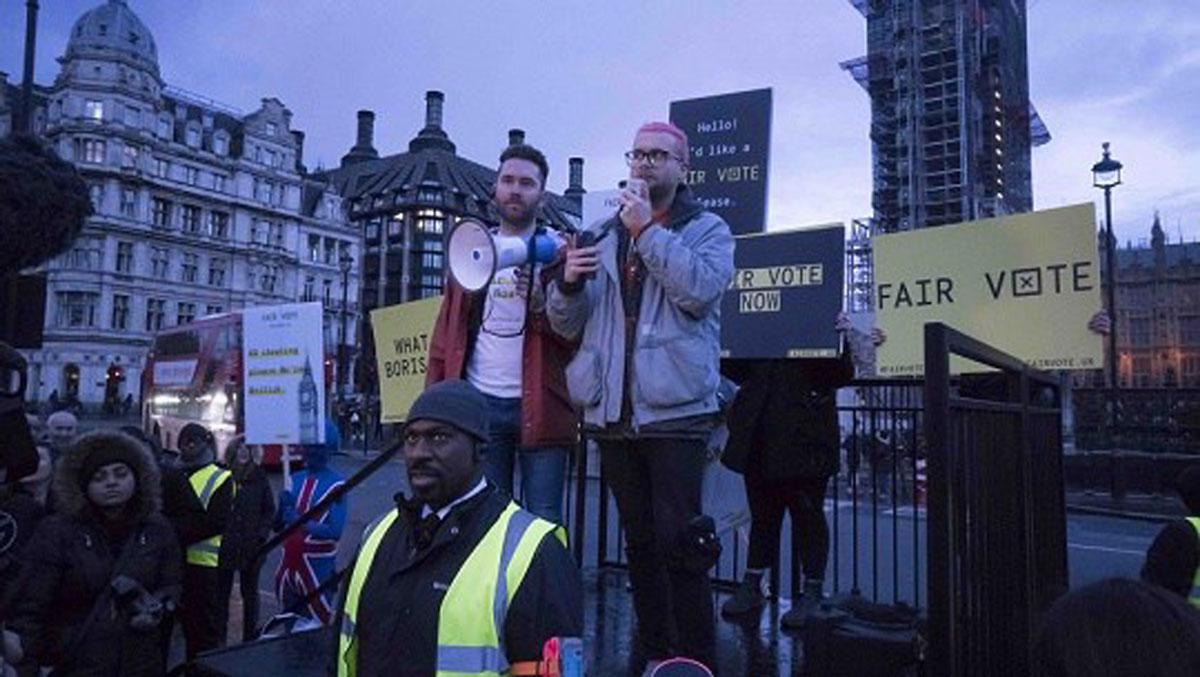Africa-Press – Lesotho. Late Albert Jacquard, a well-known French geneticist, once used the expression ‘les effets pervers de la science’ (the downsides of science) to refer to unintended (by scientists) consequences that resulted from advances in science.
Today we could say science and technology, because developments in the latter usually follow from scientific discoveries, albeit at an unpredictable time lag. Some may be immediate, some may take longer.
As we all know, and have direct experience of in our daily lives, it is usually the positive aspects, those that bring benefits which have continuously improved the quality of our lives which appeal to us – think of electronic gadgets, probably the most proximate and thus visible illustration of this phenomenon.
We are hardwired to seek what is good for us and that has the potential of giving quick gratification, so we don’t normally think about the possibility that there may be adverse effects that may arise from the myriad of possibilities that science and technology put at our disposal.
“The rapid spread of Facebook was automatic once it got going, becoming quasi-autonomous like wildfire spreading.
But when CA came into the picture and used the data with the intention of influencing the poll, that’s where the human element of perverse use broke through accepted norms and became unacceptable.
Now practically all countries are on edge about future manipulations of their polls. To say that there is a security risk is probably to put it mildly!”
Broadly, such unintended consequences can be grouped into two categories: those in which human agency plays a part, and those which are (relatively) free of human interference.
Most of them are not thought of and may take years to surface, but when they do, they can cause considerable harm. Whenever a discovery is made or a new application is invented, it is normal for the scientist to get excited and exploit its potential to the full.
It’s like going downhill at full throttle in a brand new car in glorious weather and in good company – and suddenly to realise that there is a turning ahead and one must snap on the brakes, otherwise there’ll be an accident.
A most recent and glaring example is what happened with Facebook and Cambridge Analytica (CA), both big data firms. CA stands accused of using US personal voter data, to the tune of about 87 million voters instead of the initial estimate of 50 million, which Facebook is accused of having shared with it to influence the US election.
This has created such a furore that it has, for one, shaken trust in Facebook, which as a result lost almost $100 billion in market value in a short period.
An interview with Facebook founder and CEO Mark Zuckerberg by Ezra Klein, published in the New York Times on 2nd April began as follows: ‘It’s been a tough year for Facebook.
The social networking juggernaut found itself engulfed by controversies over fake news, electoral interference, privacy violations, and a broad backlash to smartphone addiction’.
Towards the end of the interview, this is what Mark Zuckerberg had to say: ‘When we started, we thought about how good it would be if people could connect, if everyone had a voice. Frankly, we didn’t spend enough time investing in, or thinking through, some of the downside uses of the tools. ’
And yet, Mark Zuckerberg ‘has long held that the company’s mission is to make the world more open and connected — with the assumption being that a more open and connected world is a better world.
That assumption has been sorely tested over the past year. As we’ve seen, a more open world can make it easier for governments to undermine each other’s elections from afar; a more connected world can make it easier to spread hatred and incite violence’.
‘What happened with Facebook falls into both categories of unintended consequences. Everything at its inception indicated that connecting the world in such an innovative and instantaneous way could only be a good thing.
But what was also taking place was that Facebook was growing exponentially and within a few years had crossed the 2 billion mark, with ambitions for targeted and mulitfaceted data collection expanding in parallel.
The result was that there was ‘no way to track, or even understand, all that is happening on Facebook at any given time. Problems that look small in the moment — like organized disinformation campaigns mounted by Russia — reveal themselves, in retrospect, to be massive, possibly even world-changing, events’.
“The smartphone no doubt has many tangible benefits – but we also lament its negative impact on family life, alienating and isolating instead of bringing the family together in conviviality.
It may be a joke, but it is a blunt and unpalatable reality – of the mother calling out that dinner is ready, but everybody is so busy with eyes glued to the smart phone and fingers tapping away that nobody lifts and eye.
She then does what will catch their attention: she sends a message to all of them! And sure enough, that’s when they respond!…” The rapid spread of Facebook was automatic once it got going, becoming quasi-autonomous like wildfire spreading.
But when CA came into the picture and used the data with the intention of influencing the poll, that’s where the human element of perverse use broke through accepted norms and became unacceptable.
Now practically all countries are on edge about future manipulations of their polls. To say that there is a security risk is probably to put it mildly!
In every sphere of life any number of examples can be given about unintended consequences, and to stay in the digital world there’s the smartphone which no doubt has many tangible benefits – but we also lament its negative impact on family life, alienating and isolating instead of bringing the family together in conviviality.
It may be a joke, but it is a blunt and unpalatable reality – of the mother calling out that dinner is ready, but everybody is so busy with eyes glued to the smart phone and fingers tapping away that nobody lifts and eye. She then does what will catch their attention: she sends a message to all of them! And sure enough, that’s when they respond!
Nuclear energy is another discovery which opened up a whole new world in the understanding of the fundamentals of physics and unraveling the mystery of reality when Albert Einstein proved the equivalence of matter and energy in his famous equation E = mc2, thanks to which nuclear energy could be weaponised in the form of bombs.
And yet, he was so shattered after the explosions of the bombs over Hiroshima and Nagasaki in Japan that caused tens of thousands of deaths with no less devastating sequelae, that he initiated a petition signed by fellow scientists against the nuclear bomb.
Today there are thousands of nuclear warheads in the world, and mankind has the potential for self-annihilation. The great fear is of the nuclear arsenal falling in the hands of belligerent, unscrupulous rogues in rogue states – not a remote possibility at all.
The nuclear brinkmanship between North Korea and the US is not quite over, despite the apparent thawing of relations between North and South Korea, and the visit of the North Korea’s Kim Jong Un to Beijing and his talks with Chinese President Xi Jinping.
At a more mundane but no less impactful level, and closer home to me since it is about drugs is the opioid epidemic that is sweeping the united States, where it kills almost 40 000 if not more people a year.
Overprescription by practitioners has been blamed for a large part of this problem, through drug dependency caused by the overuse of a medication originally meant for relieving pain, which it does very well indeed – but is meant for use in specific cases.
Instead of using less addictive alternatives and other techniques, the easier route of scaling up to opioids was taken, for controlling pain, and to their great consternation public health experts had to come to the conclusion that the life expectancy of males in the US had come down because of mortality caused by the opioid addiction.
No one can deny that science and technology have been a force for good overall, but as usual we humans mess up, and then we get what we deserve. Nobody knows what awaits us next… but it sure will take us by surprise, à la Facebook!
For More News And Analysis About Lesotho Follow Africa-Press






